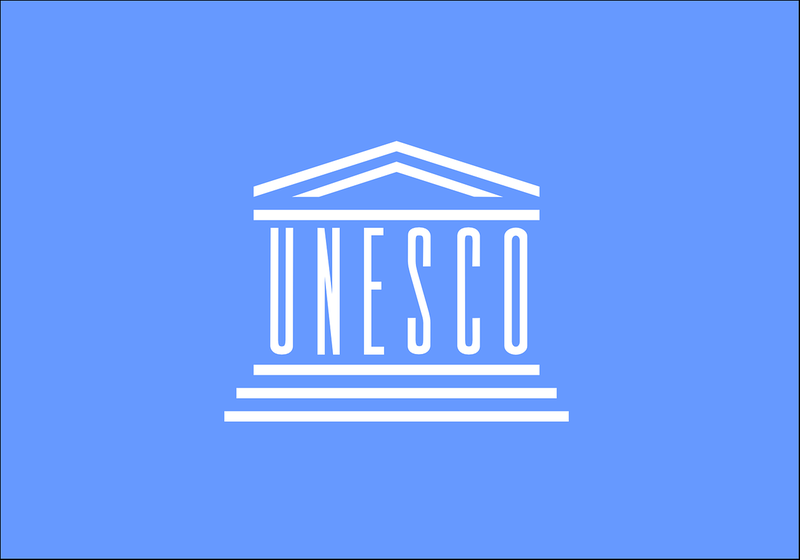About open science
Open science aims to make research open, inclusive and useful. With open access to scientific information, research processes and results can be shared and used by others – both within and outside the research community.
Open science entails making multiple aspects of the research process open and available for everyone to access and reuse. Open science consists of several sub-areas, which individually and collectively contribute to making research and science-based knowledge open.
Areas of open science:
- Open access to scholarly publications – scholarly publications are accessible and reusable for all
- Open access to research data – the material on which scientific results are based is accessible and reusable for all
- Open research methods – the entire research workflow is described and made available
- Open educational resources – training and teaching materials are freely shared and reused
- Public engagement in science – the public is directly involved in research projects and different parts of the research process
- Infrastructures supporting open science – systems and services that are used to make research results, research data and open educational resources available
The goal of the work with open science is both to enhance scientific quality and to improve the interaction between research and society at large. Open science lays the foundation for future research based on transparency, reproducibility and greater access to scientific information. It promotes the advancement of knowledge, innovation, competitiveness and more efficient use of resources.
International efforts
The shift towards open science is taking place in an international context. The 2021 UNESCO Recommendation on Open Science is a framework of principles and approaches aiming to create globally equitable access to scientific results and research processes, with the goal of accelerating the implementation of the Sustainable Development Goals. At the EU level, open science has been a key policy priority for several years. This includes initiatives to foster shared knowledge and understanding, as well as to establish supportive conditions for research funding and infrastructural support for open science.
UNESCO Recommendation on Open Science (link to external site)
UNESCO works to make research and science more accessible, inclusive, and fair for everyone.

National guidelines for open science
On January 15, 2024, the National Library of Sweden (Kungliga biblioteket, KB) submitted its report on the government assignment to develop national guidelines for open science. The assignment included identifying common goals and priorities, mapping the division of roles and responsibilities, and defining needs for support and guidance.
While developing the guidelines, KB engaged in dialogue with and gathered knowledge and supporting material from the Swedish Research Council, universities and other relevant agencies and organisations. Among other things, a reference group was established to deepen the work and ensure broad support for the assignment.

